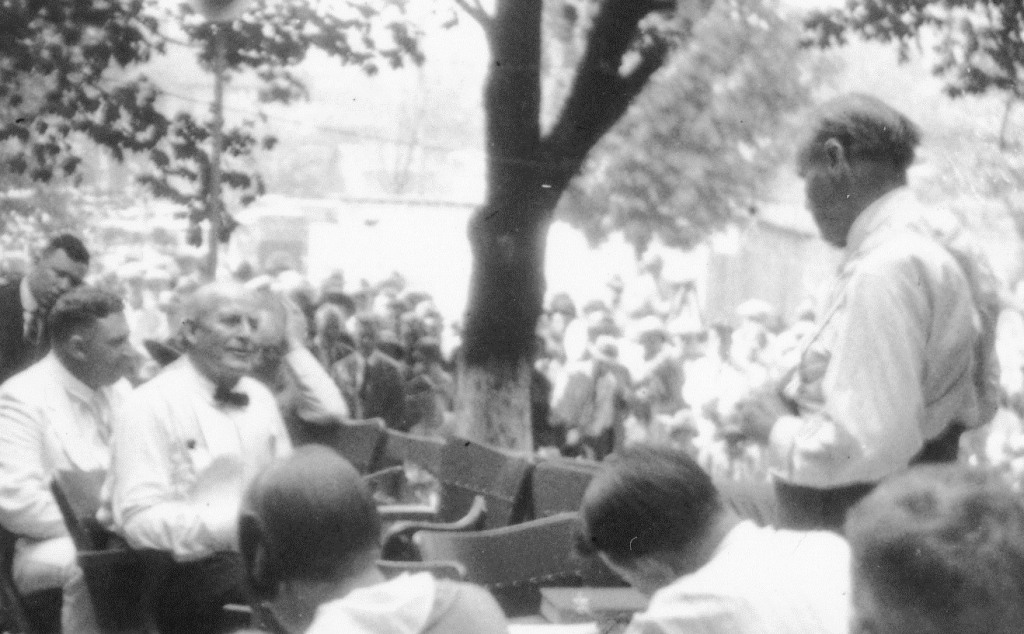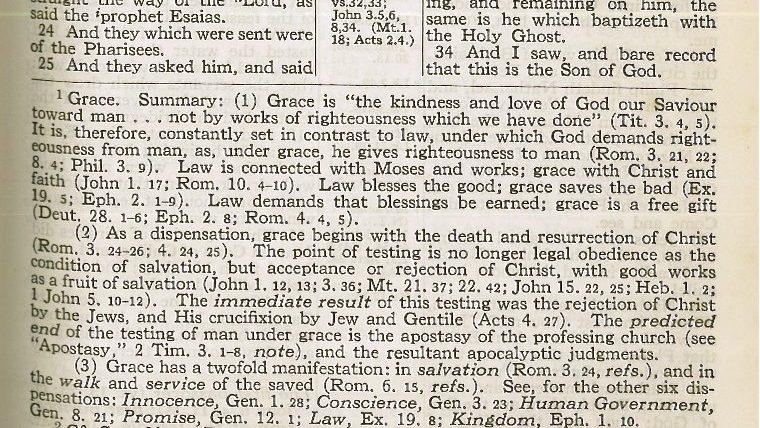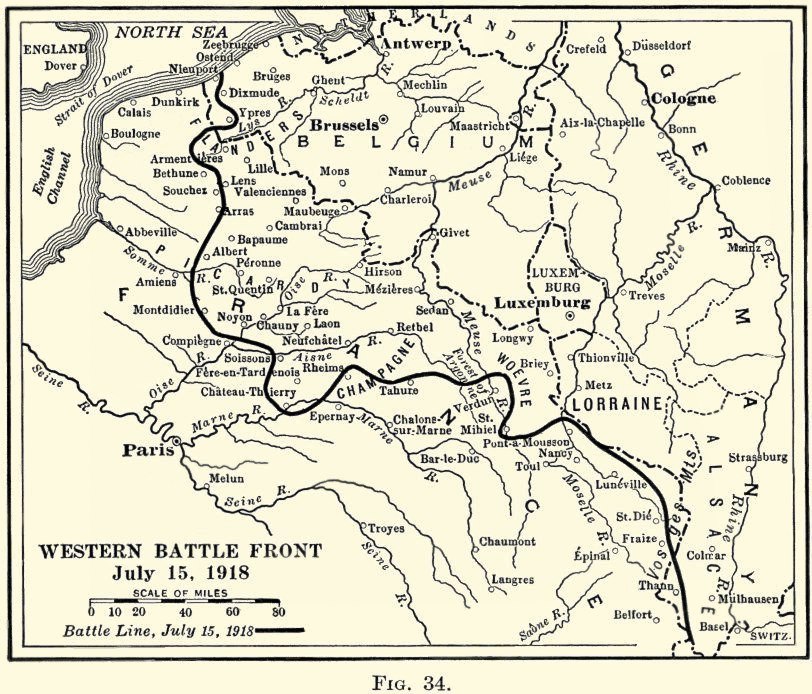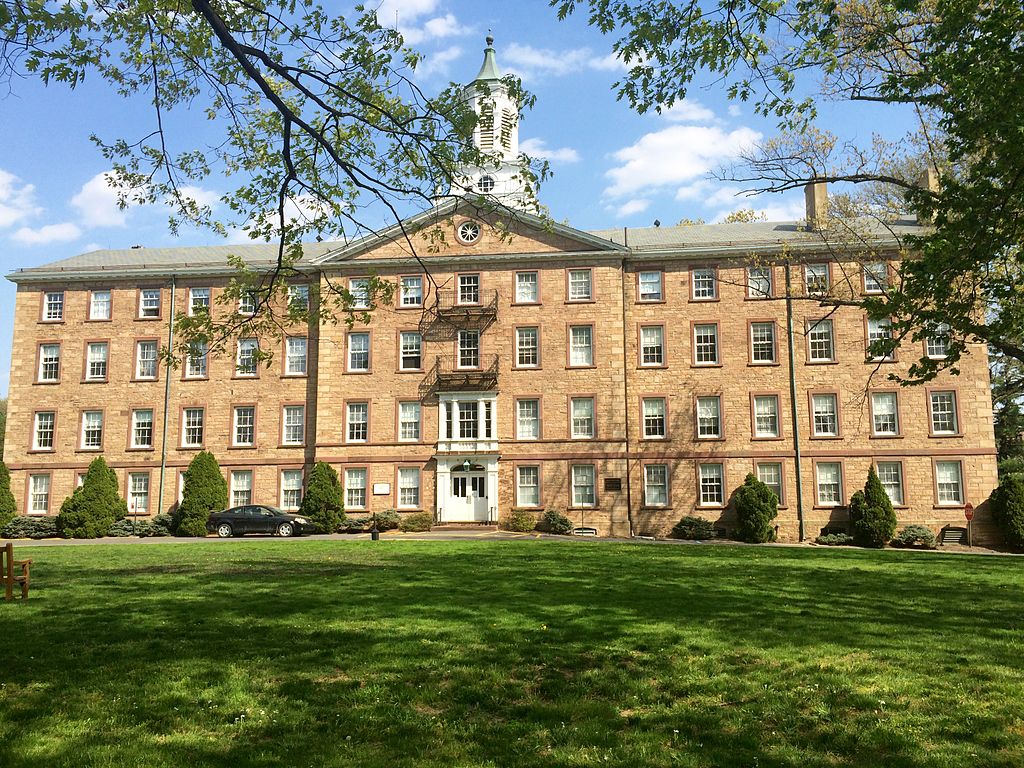In chapter 4 of his book Defending the Faith: J. Gresham Machen and the Crisis of Conservative Protestantism in Modern America, D.G. Hart discussed Machen’s views on science, and evolution in particular. Machen, he wrote, received a letter from William Jennings Bryan a few weeks before the 1925 Scopes trial, in which Bryan asked Machen to appear in Dayton as an expert witness. This rather put Machen on the spot. Machen’s well-known scholarly defense of the fundamentals of the historic Christian faith was being recruited by a populist evangelicalism that was deeply skeptical of academia. Though Machen was a proponent of biblical inerrancy like the fundamentalist side Bryan represented, he thought the historicity of Christ in the New Testament was more important than the historicity of Genesis, and was reticent to speak on evolution. Machen wrote back, saying that he would not testify.

Though Machen had generally avoided the subject of evolution in public statements, Machen had thoughts on the matter, and was not a six-day creationist. In The Christian View of Man (1937 – a quick review here), Machen wrote, “It is certainly not necessary to think that the six days spoken of in that first chapter of the Bible are intended to be six days of twenty four hours each. We may think of them rather as very long periods of time.” Dr. Hart described Machen’s views at some length (pp. 97–99, 105):



